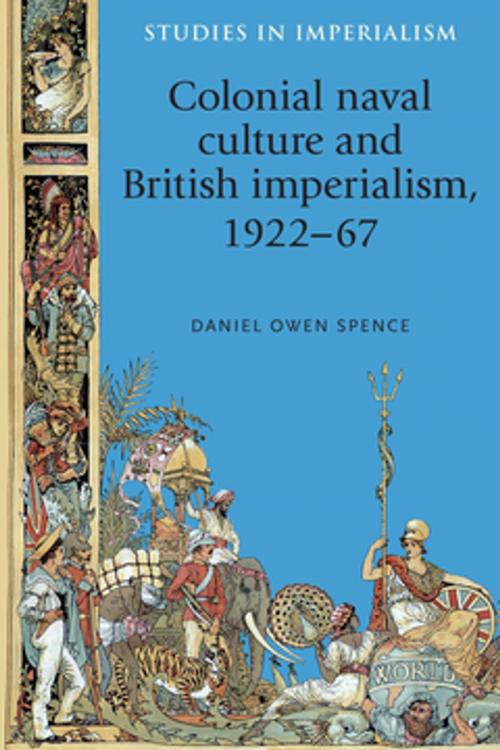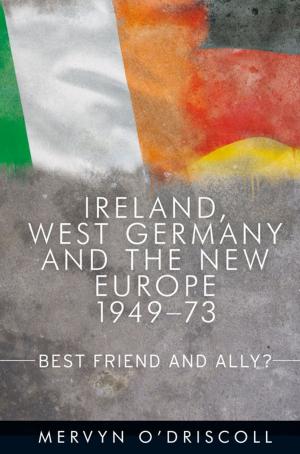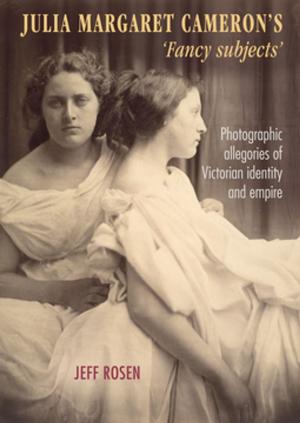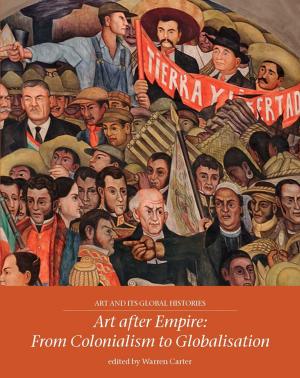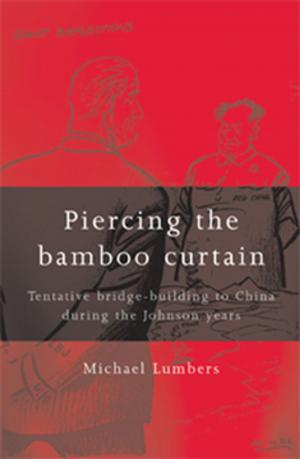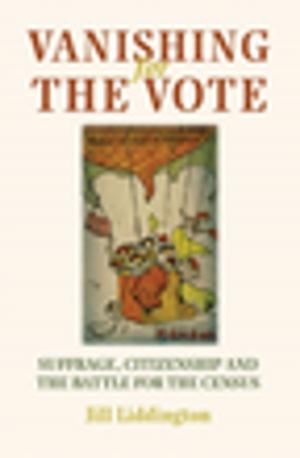| Author: | Daniel Spence | ISBN: | 9781526102348 |
| Publisher: | Manchester University Press | Publication: | November 1, 2015 |
| Imprint: | Manchester University Press | Language: | English |
| Author: | Daniel Spence |
| ISBN: | 9781526102348 |
| Publisher: | Manchester University Press |
| Publication: | November 1, 2015 |
| Imprint: | Manchester University Press |
| Language: | English |
Naval forces from fifteen colonial territories fought for the British Empire during the Second World War, providing an important new lens for understanding imperial power and colonial relations on the eve of decolonisation. With sources from Britain, the Caribbean, Africa and Asia, this book examines the political, social and cultural impact of these forces; how they fortified British ‘prestige’ against rival imperialisms and colonial nationalisms; the importance of ‘men on the spot’, collaboration, ‘naval theatre’, and propaganda in mobilising colonial navalism; the role of naval training within the ‘civilising mission’ and colonial development; and how racial theory influenced naval recruitment, strategy and management, affecting imperial sentiment, ethnic relations, colonial identities, customs and order. This book will appeal to imperial, maritime and regional historians, by broadening our understanding of navies as social and cultural institutions, where power was expressed through the ideas and relations they cultivated, as well as their guns.
Naval forces from fifteen colonial territories fought for the British Empire during the Second World War, providing an important new lens for understanding imperial power and colonial relations on the eve of decolonisation. With sources from Britain, the Caribbean, Africa and Asia, this book examines the political, social and cultural impact of these forces; how they fortified British ‘prestige’ against rival imperialisms and colonial nationalisms; the importance of ‘men on the spot’, collaboration, ‘naval theatre’, and propaganda in mobilising colonial navalism; the role of naval training within the ‘civilising mission’ and colonial development; and how racial theory influenced naval recruitment, strategy and management, affecting imperial sentiment, ethnic relations, colonial identities, customs and order. This book will appeal to imperial, maritime and regional historians, by broadening our understanding of navies as social and cultural institutions, where power was expressed through the ideas and relations they cultivated, as well as their guns.
